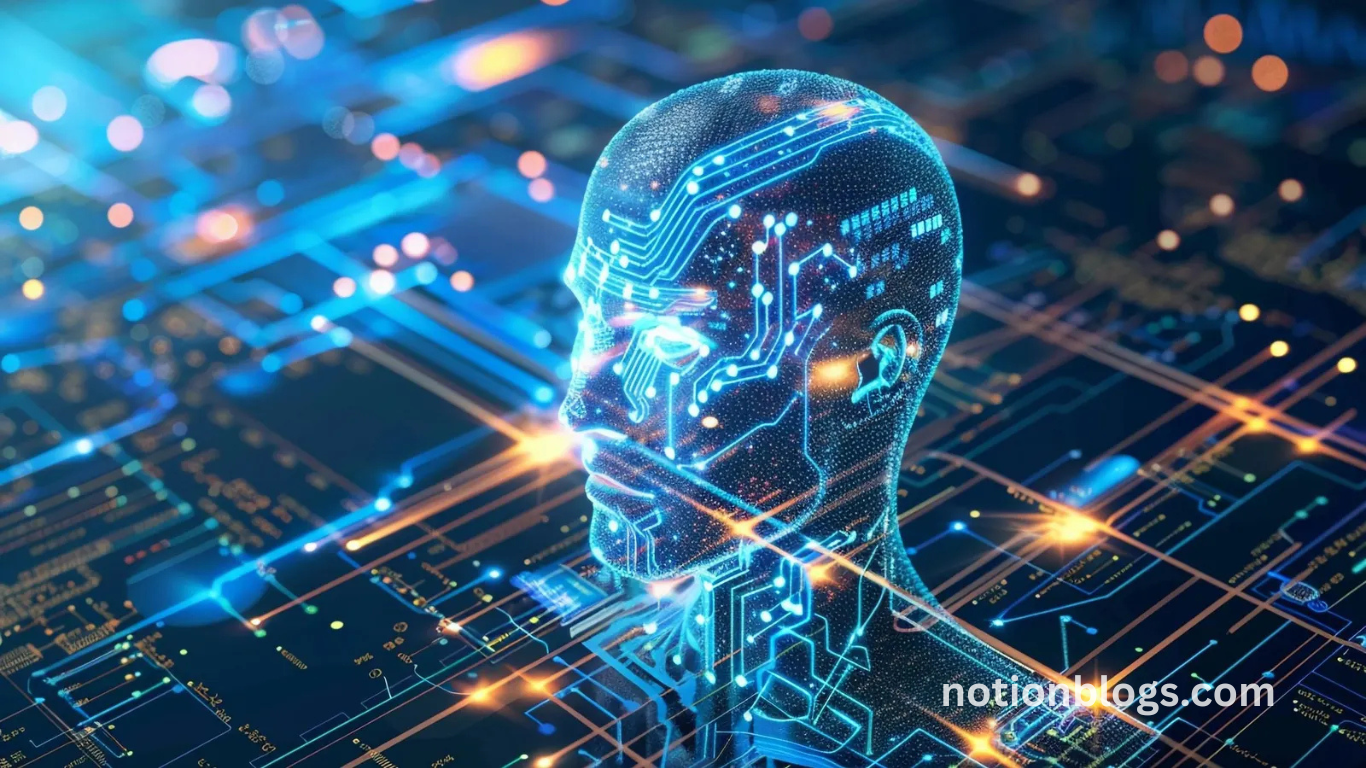Artificial Intelligence (AI) is revolutionizing the music industry, especially composition. Once the domain of human intuition and experience, composition is now increasingly influenced by algorithms capable of generating melodies, harmonies, and even lyrics. This shift is opening up new possibilities for both seasoned musicians and aspiring creators.
From AI-powered tools that assist in producing beats to advanced platforms capable of creating entire symphonies, the impact of AI on music composition is profound. Artists need to understand how these tools work, what benefits they offer, and where the ethical lines are drawn. Whether you’re a composer, producer, or indie artist, knowing how to leverage AI can help you stay relevant and creative in an evolving musical landscape.
The role of AI in modern music composition
AI plays a pivotal role in transforming how music is created, analyzed, and distributed. Tools powered by machine learning algorithms can now generate melodies, replicate styles, and make arrangements within seconds. These systems use vast datasets from existing songs to learn patterns, enabling them to compose original music or enhance existing pieces. This allows artists to explore new creative directions and overcome writer’s block.
AI tools available for music creators
Various AI-driven platforms, like Amper Music, AIVA, and Google’s Magenta, assist artists in composing music. These tools offer intuitive interfaces and customization options based on genre, mood, and instrumentation. Users can generate ideas, develop full tracks, or collaborate with AI to back up music and harmonize it. The accessibility of these platforms allows even non-musicians to engage with music production efficiently.
Read More : Top Features to Look for in an Effective NDIS Software Solution
Benefits of AI-assisted composition for artists
AI saves time by generating ideas quickly and reduces production costs by eliminating the need for full orchestras or studio sessions. It also empowers independent artists who lack access to professional equipment. Additionally, AI can personalize compositions for various media like films, games, and ads, enhancing relevance and engagement. These benefits support creativity rather than replace it, allowing artists to push the boundaries of their sound.
Challenges and ethical considerations in AI music
Despite the innovation, AI in music raises concerns about originality, authorship, and copyright. Questions persist over who owns the rights to an AI-generated song— the tool’s creator or the user? There’s also the issue of AI mimicking the style of existing artists without consent. These challenges require the development of ethical standards and legal frameworks to protect artistic integrity and ensure fair use.
Read More : Top Features to Look for in an Effective NDIS Software Solution
How AI is influencing music education and training
AI is reshaping how music is taught and learned, with platforms offering feedback on compositions, ear training, and performance analysis. These tools adapt to learners’ skill levels and offer tailored practice sessions. Virtual tutors can assist in theory and songwriting, making music education more accessible. As a result, musicians can progress faster and receive instant, data-driven insights into their musical development.
Collaborating with AI as a creative partner
Many artists are now treating AI not just as a tool but as a creative collaborator. By feeding it ideas or partial melodies, musicians can generate novel variations or entirely new compositions. This synergy encourages experimentation and genre-blending, fostering a richer artistic output. AI becomes a co-composer, helping to overcome creative blocks while preserving the artist’s unique voice and intent.
The future of music genres in an AI-powered world
AI is contributing to the creation of new hybrid genres by blending musical elements that wouldn’t traditionally coexist. As AI learns from diverse global datasets, it can suggest combinations from jazz, EDM, classical, and beyond. This leads to genre evolution and cross-cultural experimentation, pushing the boundaries of traditional categories. Artists can explore uncharted sonic landscapes with the aid of AI insights.
Human touch versus algorithmic precision
Despite AI’s impressive capabilities, many argue that it lacks the emotional depth of human composition. Music often carries cultural, personal, and emotional weight that algorithms can’t fully replicate. While AI can produce technically perfect music, the “soul” of composition still largely depends on human creativity. The best outcomes often arise when artists balance algorithmic precision with human emotion and storytelling.
Frequently Asked Questions
Can AI fully replace human music composers?
No, AI can assist but not replace the emotional and cultural depth humans bring to music.
What are the best AI tools for music composition?
Popular tools include AIVA, Amper Music, Soundraw, Ecrett Music, and Google Magenta.
Is AI-generated music copyrighted?
Laws vary, but in many jurisdictions, the person using the AI tool holds the copyright, not the AI itself.
Can AI help in lyric writing too?
Yes, AI can generate lyrics based on themes or prompts, though they may require human editing.
How do musicians use AI in live performances?
AI can be used for real-time sound manipulation, background music generation, and improvisation aids.
Are AI-composed songs commercially successful?
Some AI-generated songs have gained popularity, especially in gaming and media content.
Can beginners use AI to compose music?
Yes, many AI tools are beginner-friendly, offering drag-and-drop interfaces and guided steps.
What are the risks of using AI in music?
Potential risks include loss of originality, ethical misuse, and overreliance on automation.
Conclusion
AI is transforming music composition by offering new tools, inspiration, and efficiencies to artists worldwide. While it brings incredible benefits, it also raises ethical and creative questions that need careful navigation. Musicians who embrace AI as a partner rather than a threat can unlock new dimensions in their craft. Stay curious, stay creative, and let technology amplify your artistic voice.


